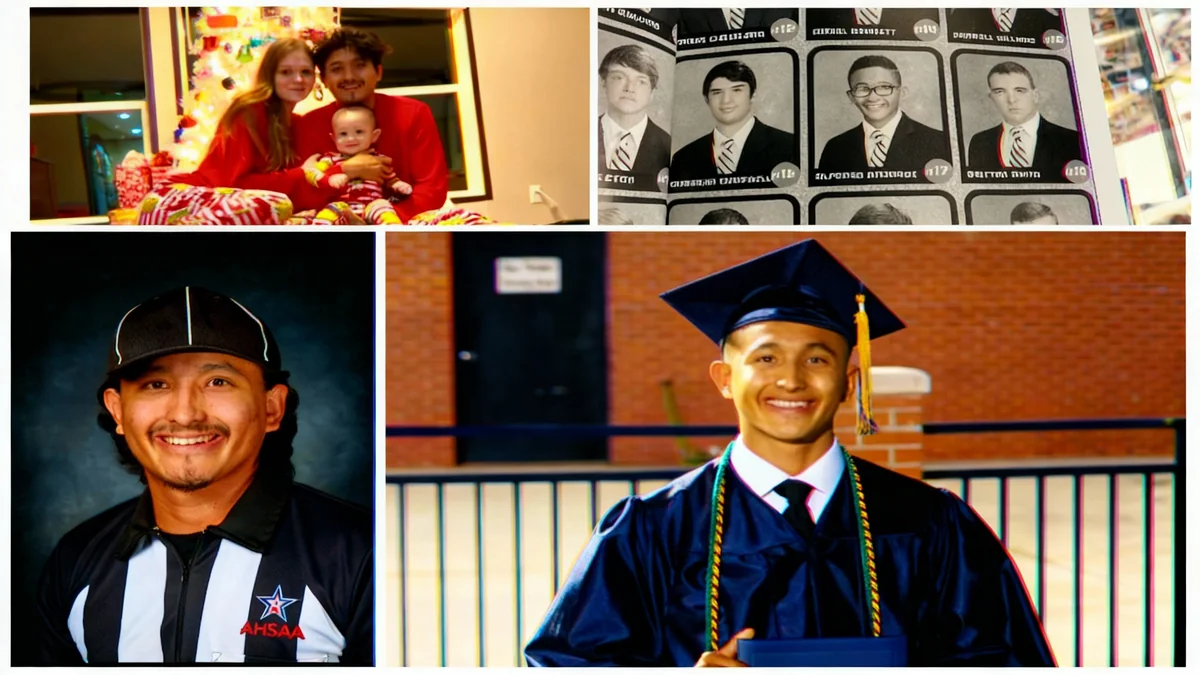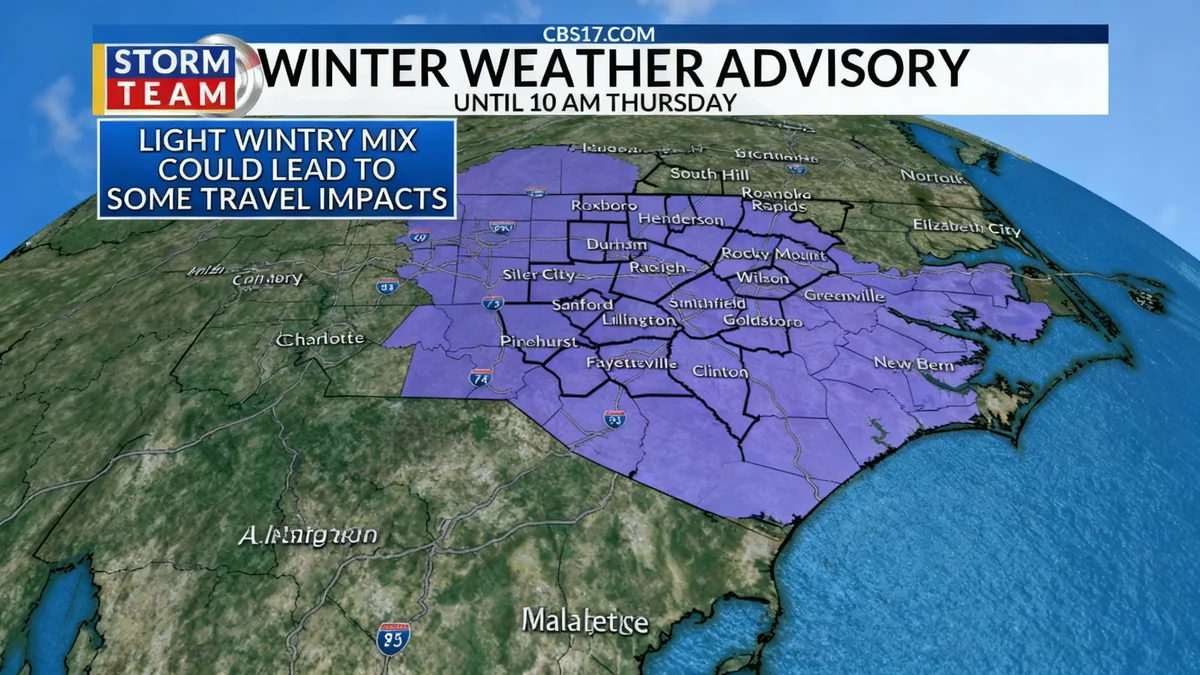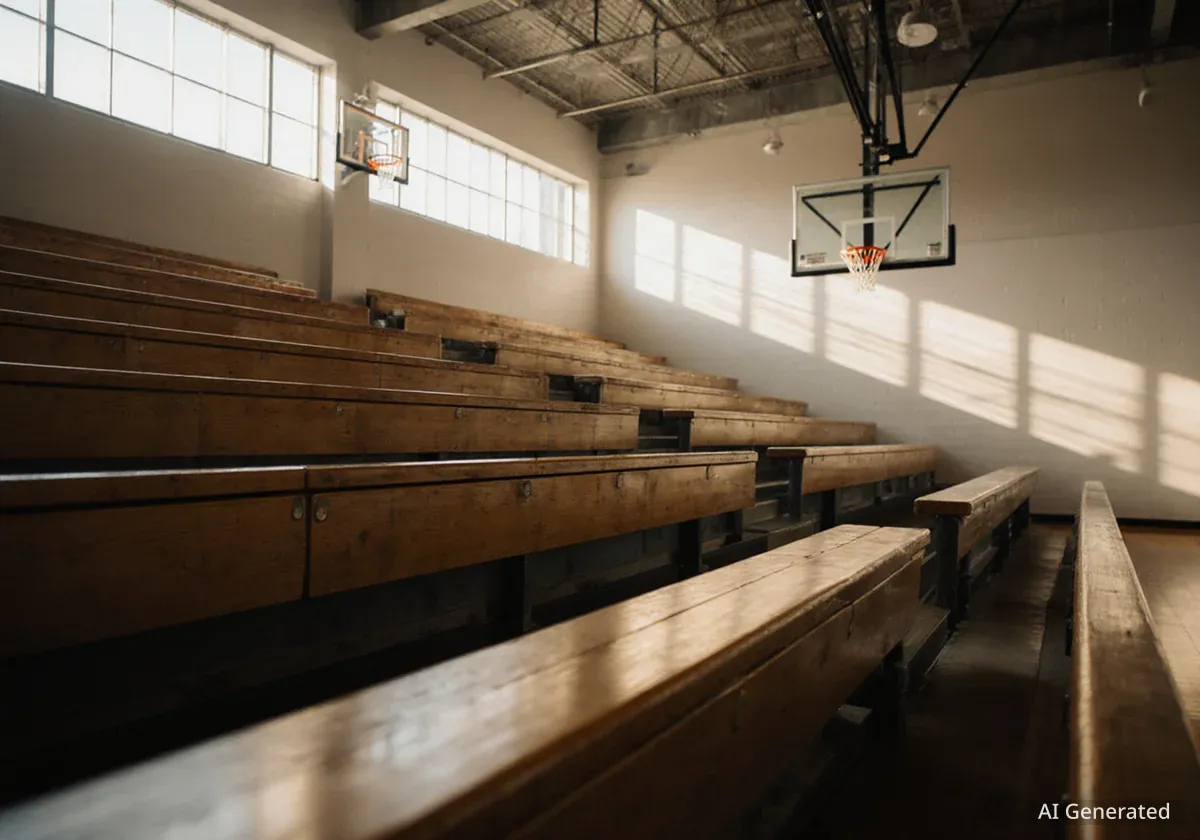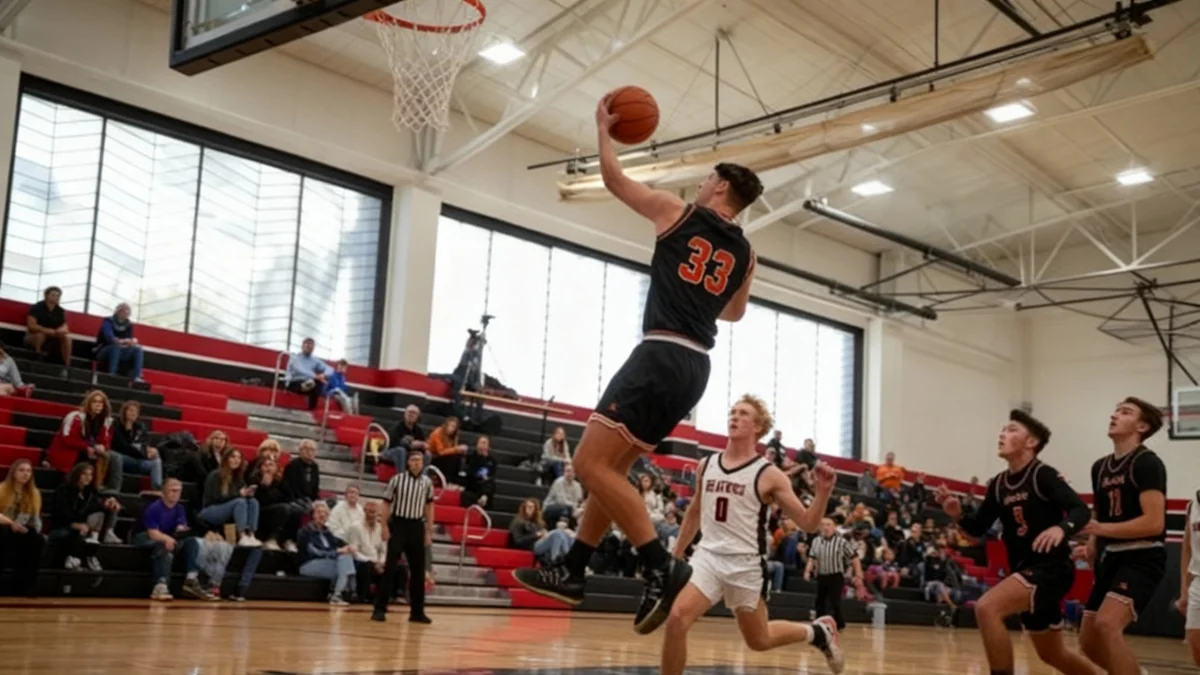Alfonso Andrade, a dedicated high school football official in Alabama, finds himself at the center of a discussion about the immense pressures faced by sports referees. Known for his work on the field, Andrade's situation highlights the often-overlooked challenges that come with officiating in a state with a passionate football culture.
While the specific details of his current circumstances remain private, his story has sparked a broader conversation about the personal and professional toll of a high-stakes, high-visibility role in amateur sports.
Key Takeaways
- Alfonso "Fonzie" Andrade is a high school football official in Alabama.
- His situation has drawn attention to the significant pressures and scrutiny that referees face.
- The conversation includes the impact of intense football culture on officials' well-being.
- There is a nationwide shortage of sports officials, partly due to verbal abuse and lack of support.
The Demands of Officiating in High School Sports
Officiating high school football, especially in a state like Alabama, is more than just a part-time job; it is a demanding role that requires extensive knowledge, physical fitness, and mental toughness. Officials like Alfonso Andrade are responsible for ensuring games are played fairly and safely, making split-second decisions that can influence the outcome of a game.
These decisions are often made under the intense scrutiny of coaches, players, and thousands of passionate fans. The pressure is constant, with every call potentially leading to praise or criticism. This environment requires a unique level of resilience that is often underestimated by the public.
A National Trend of Referee Shortages
According to the National Federation of State High School Associations (NFHS), an estimated 50,000 high school referees have quit since 2018. This dramatic decline is largely attributed to unsportsmanlike behavior from parents and other spectators, creating a challenging and often hostile work environment for officials across the country.
The Human Element Behind the Whistle
Behind the uniform and the whistle are individuals with families and lives outside of sports. Alfonso Andrade, a graduate of Pennington High School, is also a family man, sharing his life with his partner, Bralie Chandler, and their son, Glen. This personal side of officials is frequently forgotten during heated moments in a game.
The stress from officiating does not always end when the game clock hits zero. Negative interactions and public criticism can carry over into an official's personal life, affecting their well-being and relationships. The story surrounding Andrade serves as a reminder of the human cost associated with the passion for high school sports.
The Role of Community and Support Systems
Support from local athletic associations and school districts is crucial for the retention and well-being of sports officials. Programs that promote sportsmanship and provide security for referees are becoming increasingly important. Without a strong support system, the pool of qualified individuals willing to take on these essential roles continues to shrink.
"We can't have games without officials. It's that simple. When we lose them, we lose the game itself. Supporting them isn't just a courtesy; it's a necessity for the survival of high school sports."
Navigating Scrutiny in the Digital Age
The rise of social media has added another layer of pressure for sports officials. A controversial call can be clipped, shared, and debated by thousands online within minutes. This digital scrutiny can lead to targeted harassment that extends far beyond the stadium.
Officials at all levels, including the high school ranks, are now subject to a level of public examination that was once reserved for professional sports. This constant potential for viral criticism contributes significantly to the stress of the job and can take a serious mental toll.
Statistics on Officiating Challenges
- A survey by the National Association of Sports Officials (NASO) found that over 75% of all high school officials believe poor sportsmanship is the primary reason for the referee shortage.
- More than 47% of male officials and 51% of female officials have reported feeling unsafe or fearing for their safety while working a game.
- The average age of a sports official is over 50, indicating a significant challenge in recruiting younger generations into the profession.
The Path Forward for High School Athletics
The challenges highlighted by Alfonso Andrade's experience in Alabama point to a need for systemic change. This includes fostering a culture of respect for officials from all stakeholders: schools, coaches, parents, and students.
Several states have implemented new policies to protect officials, including stricter penalties for unsportsmanlike conduct and awareness campaigns emphasizing respect for the game. For high school sports to thrive, the community must recognize that officials are an indispensable part of the athletic experience.
Ultimately, the conversation is about preserving the integrity and accessibility of youth sports. By creating a safer and more respectful environment, athletic programs can hope to attract and retain dedicated officials like Andrade, ensuring that future generations have the opportunity to compete.





